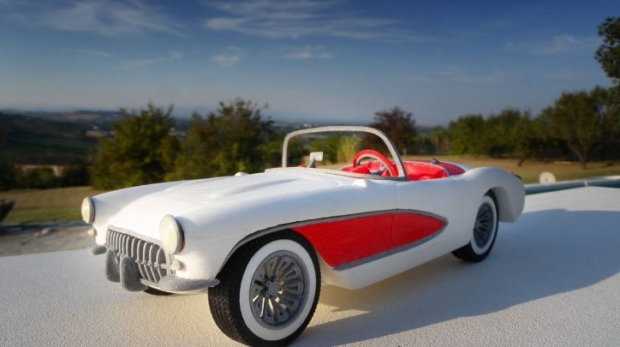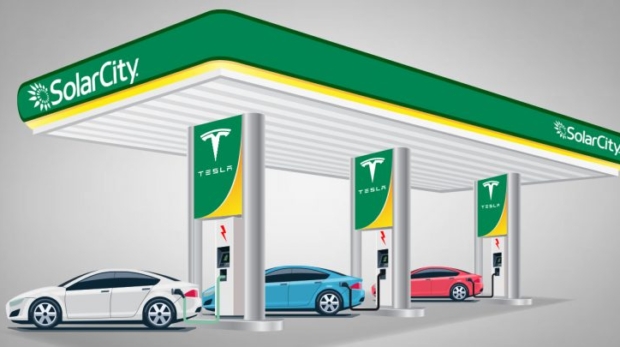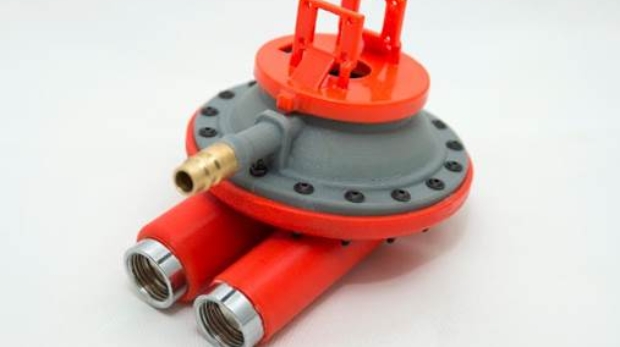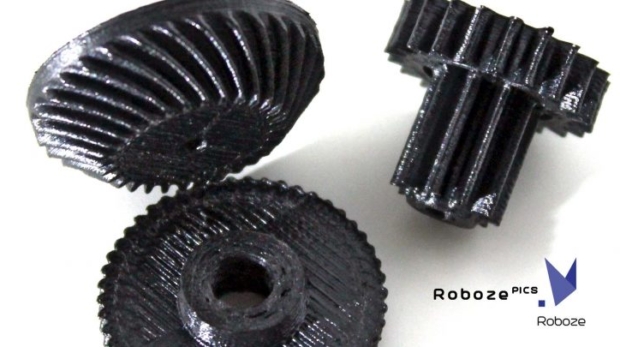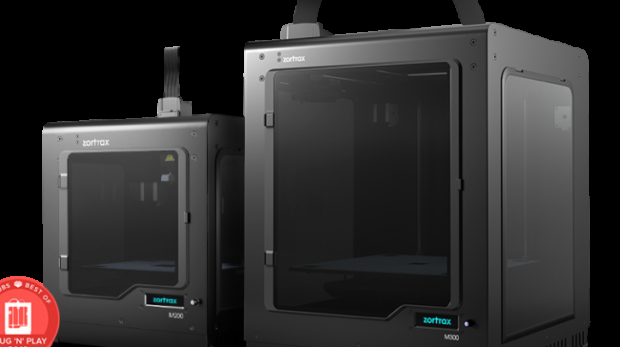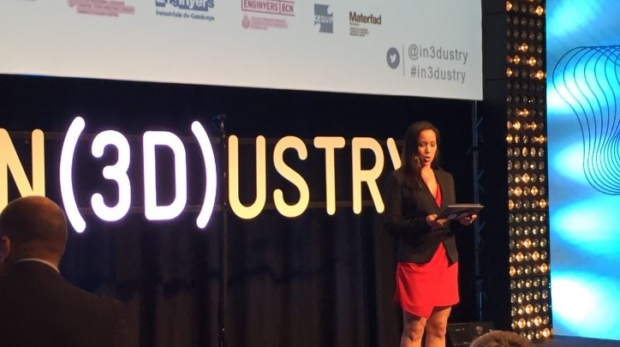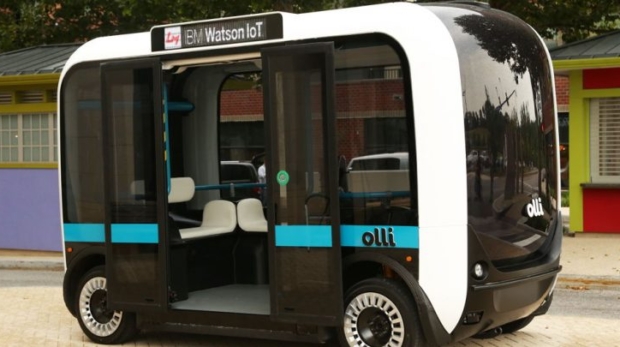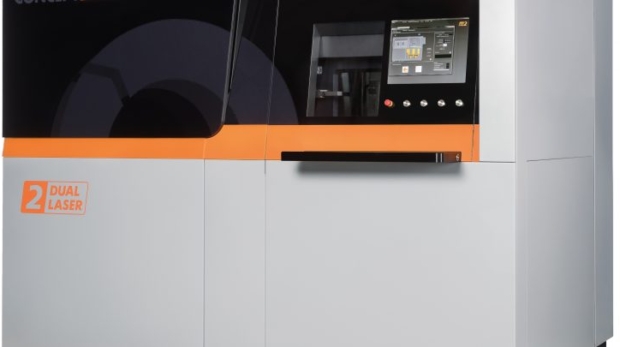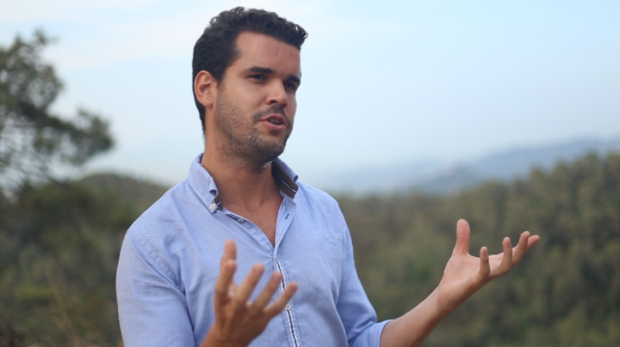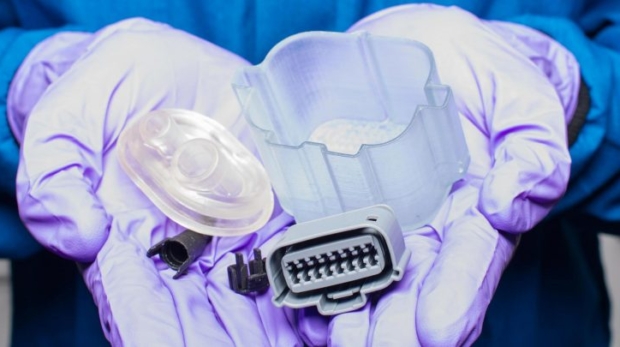Just over a month ago, Tesla made a proposal to purchase SolarCity and today we are announcing that the two companies have reached an agreement to combine, creating the world’s only vertically integrated sustainable energy company. Solar and storage are at their best when they’re combined. As one company, Tesla (storage) and SolarCity (solar) can create fully integrated residential, commercial and grid-scale products that improve the way that energy is generated, stored and consumed. Now is the right time to bring our two companies together: Tesla is getting ready to scale our Powerwall and Powerpack stationary storage products and SolarCity is getting ready to offer next-generation differentiated solar solutions. By joining forces, we can operate more efficiently and fully integrate our products, while providing customers with an aesthetically beautiful and simple one-stop solar + storage experience: one installation, one service contract, one phone app. We expect to achieve cost synergies of $150 million in the first full year after closing. We also expect to save customers money by lowering hardware costs, reducing installation costs, improving our manufacturing efficiency and reducing our customer acquisition costs. We will also be able to leverage Tesla’s 190-store retail network and international presence to extend our combined reach. Here are some key terms of today’s announcement: this is an all-stock transaction with an equity value of $2.6 billion based on the 5-day volume-weighted average price of Tesla shares as of July 29, 2016. Under the agreement, SolarCity stockholders will receive 0.110 Tesla common shares per SolarCity share, valuing SolarCity common stock at $25.37 per share based on the 5-day volume weighted average price of Tesla shares as of July 29, 2016. After comprehensive due diligence in consultation with independent financial and legal advisors, the independent members of the Tesla and SolarCity boards of directors approved this transaction. Tesla’s financial advisor was Evercore, and Wachtell, Lipton, Rosen & Katz was its legal advisor. The financial advisor to the special committee of SolarCity’s board of directors was Lazard and its legal advisor was Skadden, Arps, Slate, Meagher & Flom. As part of the agreement, SolarCity has a 45-day period known as a “go-shop”, which runs through September 14, 2016. This means that SolarCity is allowed to solicit alternative proposals during that time. Each company today filed a Form 8-K with the SEC that provides additional details regarding the transaction. While today’s news is a big step, it isn’t the finish line – we expect the transaction to close in the fourth quarter of 2016. Before then, the deal must be approved by a majority of the disinterested shareholders of both Tesla and SolarCity voting at each shareholder meeting. We also need to obtain regulatory approval and meet other closing conditions.

